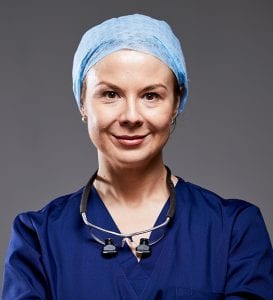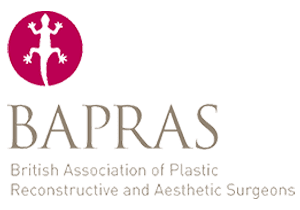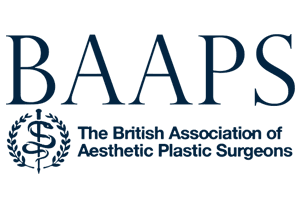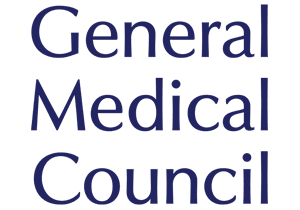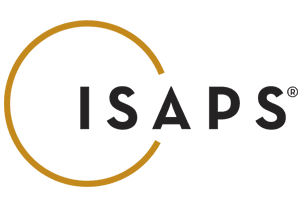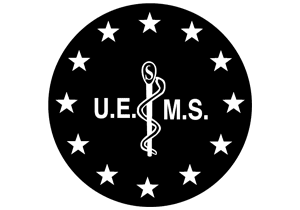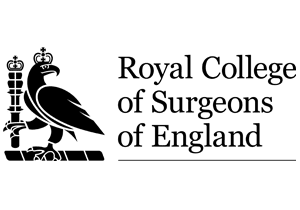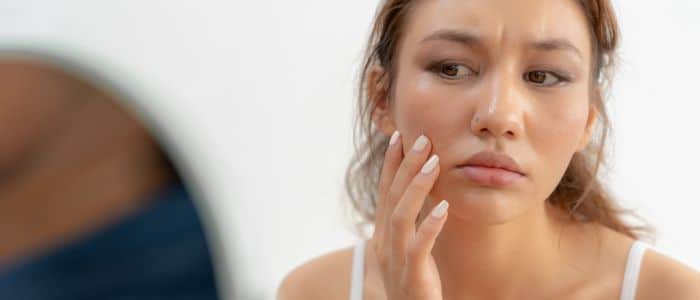
Table of Contents
- Spots on Cheeks – Causes and Solutions
- Common Causes of Spots on Cheeks
- Foods That Can Cause Spots on the Cheeks
- How to Identify Different Types of Spots on Cheeks
- Home Remedies for Treating Spots on Cheeks
- Medical Treatments for Spots on Cheeks
- Preventive Measures for Spots on Cheeks
- Lifestyle Changes to Achieve Spotless Radiance
- When to Seek Professional Help for Spots on Cheeks
- Product Recommendations for Spot Treatment
- FAQs about What Causes Spots on Cheeks
- Further Reading about Injectables with Consultant Plastic Surgeon Anca Breahna
Spots on Cheeks – Causes and Solutions
Spots can appear on anyone’s face, regardless of age or gender. The type and severity can vary greatly, from harmless freckles to more concerning conditions like acne or rosacea. Gaining a clear understanding of your specific type of spots can be the first step towards achieving spotless radiance.
Spots on cheeks can be a source of frustration, often affecting confidence and self-esteem. But you’re not alone, and most importantly, solutions exist. This blog will provide you with information about the different types of spots on cheeks, their causes, and effective treatments.
Chester Consultant Plastic Surgeon Anca Breahna has dedicated many years to public practice and now brings her vast expertise to her private practice, Cheshire Cosmetic Surgery. The clinic, led by Anca Breahna, provides a range of cosmetic procedures and plastic surgery solutions to the Chester area and its surroundings.
Common Causes of Spots on Cheeks
One of the leading causes of spots on cheeks is exposure to the sun. Over time, harmful ultraviolet (UV) rays can lead to discolouration and damage, resulting in spots. Other environmental factors like pollution and extreme weather conditions can also contribute to this issue.
Next, hormonal changes can significantly impact your skin’s health. For instance, many women notice an increase in spots during pregnancy or around their menstrual cycle due to fluctuating hormone levels. Hormonal imbalances can also lead to conditions like acne, resulting in spots.
Additionally, your lifestyle and diet can have a substantial effect on your skin. Consuming a diet high in sugars and fats, lack of sleep, and high stress levels can all contribute to the formation of spots on cheeks.
Foods That Can Cause Spots on the Cheeks
The relationship between diet and skin health has been a topic of interest for many years. While individual reactions can vary, certain foods have been identified as potential culprits for causing or exacerbating spots on the cheeks and other areas of the face.
- Sugary and High-Glycemic Foods: Foods that are high in sugar or have a high glycemic index can cause a rapid spike in blood sugar levels. This can lead to increased insulin production, which in turn can trigger an overproduction of oils in the skin. The excess oil can clog pores, leading to breakouts. Examples of such foods include candies, pastries, white bread, and certain cereals
- Dairy Products: Some studies suggest a link between dairy consumption and acne, although the exact reason isn’t entirely clear. It’s believed that hormones present in milk might play a role. Skim milk, in particular, has been associated with a higher risk of acne compared to full-fat milk
- Greasy Foods: While the old myth that eating greasy foods directly causes greasy skin isn’t entirely accurate, there’s some truth to the idea that an unhealthy diet can impact skin health. Consuming excessive greasy or fried foods can influence the skin’s oil balance, potentially leading to clogged pores and breakouts
- Foods Rich in Iodine: Excessive iodine can lead to acne breakouts for some people. Foods high in iodine include certain seafood, iodised salt, and some dairy products
- Processed Foods: Highly processed foods, which often contain unhealthy fats, sugars, and artificial additives, can negatively impact overall health and, by extension, skin health. A diet high in processed foods can lead to inflammation in the body, which might manifest as spots or other skin issues
How to Identify Different Types of Spots on Cheeks
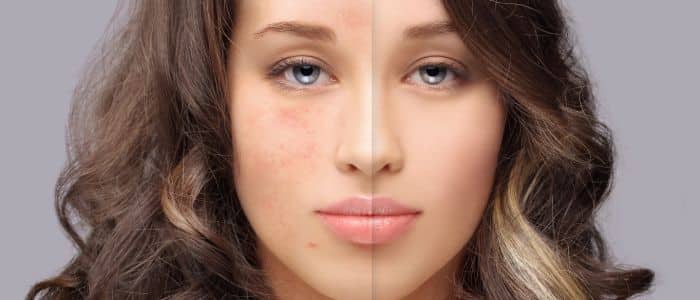
Identifying the specific type of spots you have is crucial for effective treatment. Freckles are small, flat, and brown, appearing mainly on sun-exposed areas. Age spots, also known as liver spots, are larger, darker, and generally appear in older adults.
Acne spots can manifest as whiteheads, blackheads, or inflamed red spots. Rosacea, on the other hand, is characterised by redness and visible blood vessels, often accompanied by small red, pus-filled bumps. Melasma presents as brown to grey-brown patches, usually on the cheeks, forehead, nose, or upper lip.
Home Remedies for Treating Spots on Cheeks
Home remedies can be an effective first line of defence against spots on cheeks. One popular solution is using lemon juice due to its natural bleaching properties. Applying freshly squeezed lemon juice can lighten spots over time, but be sure to use sunscreen as lemon can make your skin more sensitive to the sun.
Another effective remedy is Aloe Vera. Known for its healing and anti-inflammatory properties, Aloe Vera can help reduce redness and inflammation associated with acne spots. Applying fresh Aloe Vera gel to your spots can help soothe and heal your skin.
Apple cider vinegar is another potent home remedy. Its acetic acid content can help lighten spots and improve your overall skin tone. However, it should always be diluted before application to prevent skin irritation.
Medical Treatments for Spots on Cheeks
When home remedies aren’t enough, it might be time to consider medical treatments for spots on cheeks. For acne spots, specialists often prescribe topical creams or oral medications that help regulate oil production and reduce inflammation. For patients left with uneven skin texture after acne has healed, non-surgical treatments for acne scarring may be considered to improve skin smoothness and overall appearance.
For age spots and melasma, treatments like chemical peels, microdermabrasion, and laser therapy can be effective. These treatments work by removing the outer layer of skin, promoting new skin growth, and reducing the appearance of spots.
For severe cases of rosacea, prescription creams, oral antibiotics, or in some cases, laser treatment might be prescribed to reduce redness and visible blood vessels.
Preventive Measures for Spots on Cheeks
Prevention is always better than cure. Protecting your skin from the sun by wearing sunscreen, avoiding peak sun hours, and wearing protective clothing can help prevent sun-induced spots on cheeks.
Ensuring a balanced diet rich in antioxidants, maintaining a regular sleep schedule, and managing stress effectively can also reduce the likelihood of spots. Regularly cleaning your skin to remove dirt and excess oil can prevent acne spots.
Lifestyle Changes to Achieve Spotless Radiance
Making certain lifestyle changes can significantly improve your skin health and help you achieve spotless radiance. This includes maintaining a healthy diet that includes plenty of fruits and vegetables, staying hydrated, getting regular exercise, and ensuring you get enough sleep.
Reducing stress is also crucial for skin health. High stress levels can trigger hormonal imbalances that lead to spots. Try to incorporate stress management techniques such as yoga, meditation, or deep breathing exercises into your routine.
Finally, maintaining a consistent skincare routine is key. This should include cleansing, toning, and moisturising your skin daily, as well as exfoliating once or twice a week to remove dead skin cells.
When to Seek Professional Help for Spots on Cheeks
It’s important to know when to seek professional help for your spots on cheeks. If your spots are causing you distress, or if they change in size, colour, or shape, it’s time to see a specialist.
Similarly, if you’ve tried several treatments with no success, a professional can provide a more targeted approach.
Product Recommendations for Spot Treatment
There are numerous over-the-counter products available for treating spots on cheeks. For acne spots, look for products containing salicylic acid or benzoyl peroxide. For age spots or melasma, products with ingredients like hydroquinone, kojic acid, or retinoids can be effective. For rosacea, products with niacinamide can help reduce redness and inflammation.
FAQs about What Causes Spots on Cheeks

What are the common causes of spots on cheeks?
Spots on the cheeks can be caused by a variety of factors, including acne, rosacea, sun damage, allergic reactions, and hormonal changes. Other potential causes include poor skincare habits, clogged pores, and certain medications.
Can diet influence the appearance of spots on my cheeks?
Yes, certain foods and drinks can trigger or exacerbate skin issues leading to spots on the cheeks. Consuming a lot of sugary, greasy, or dairy-rich foods might contribute to breakouts for some people. It’s essential to observe how your skin reacts to different foods and consider consulting with a dermatologist or nutritionist for personalised advice.
How do hormonal changes lead to spots on the cheeks?
Hormonal fluctuations, especially during periods, pregnancy, or due to conditions like polycystic ovary syndrome (PCOS), can lead to increased oil production in the skin. This can result in clogged pores and breakouts, often manifesting as spots on the cheeks and other areas of the face.
Are spots on the cheeks always related to skin conditions?
Not always. While many spots are due to skin conditions like acne or rosacea, they can also be a result of external factors. This includes reactions to skincare products, environmental pollutants, or even physical factors like frequently touching the face or using dirty makeup brushes.
What treatments are available for spots on the cheeks?
Treatment options vary based on the underlying cause of the spots. For acne-related spots, over-the-counter treatments containing salicylic acid or benzoyl peroxide might be effective. For rosacea or other skin conditions, prescription medications or topical treatments may be necessary. It’s crucial to consult with a specialist to determine the best treatment plan for your specific situation.
Medical References about Spots on Cheeks
Further Reading about Injectables with Consultant Plastic Surgeon Anca Breahna
- Read more about Dermal Fillers in Chester
- Read more about Skin Relaxing Injections
- Read more about Desirial Injections for Vaginal Dryness
- Read more about Aqualyx – Fat Dissolving Injections
